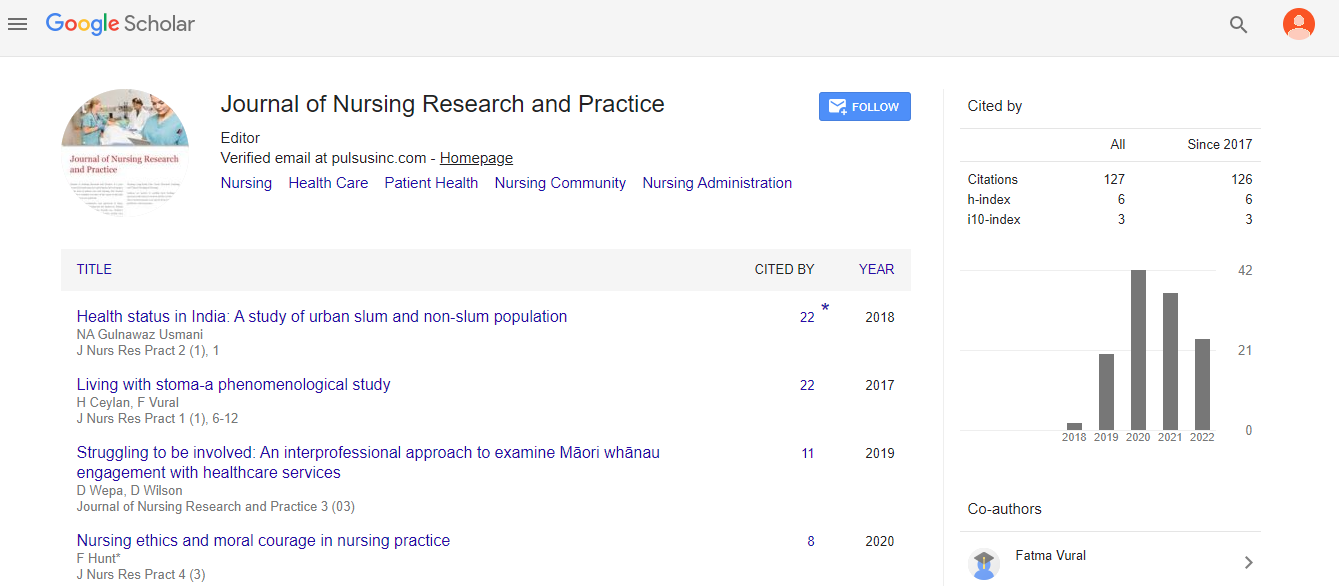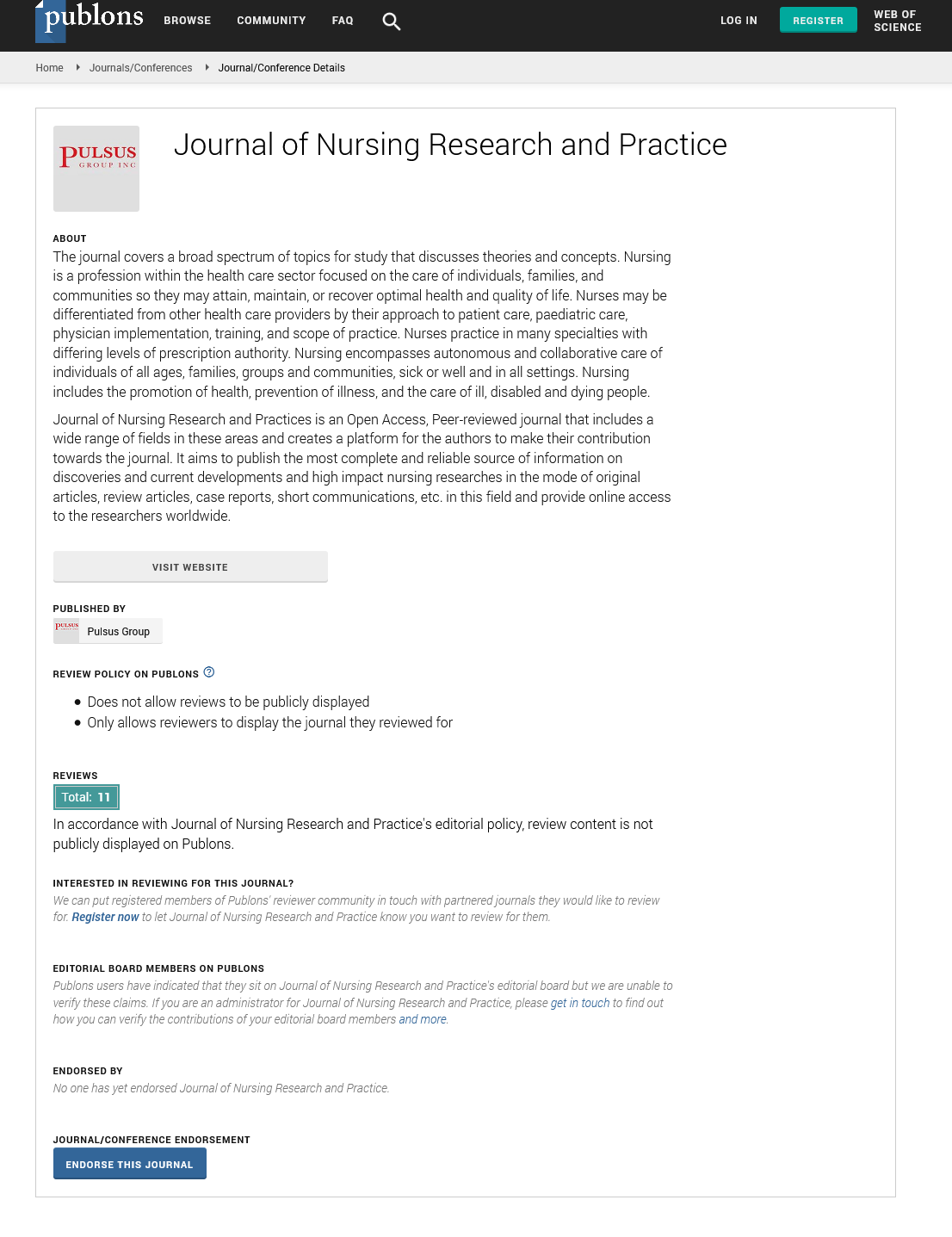
Sign up for email alert when new content gets added: Sign up
Building Emotional Firewalls and Minimize the Pain of Digital Disruption in the Nursing Practice
3rd Global Experts Meet on Health Care and Nursing
November 25, 2021 | Webinar
Ms Nadja EL Fertasi
CEO/Founder Thrive with EQ Brussels, Belgium
Posters & Accepted Abstracts: J Nurs Res Pract
Abstract :
Statement of the Problem: The healthcare sector is facing an unprecedented crisis and pressure on its staff as cyber threats and ransomware attacks increase human vulnerability across the workforce. Attacks that play with patients' lives and put the resilience of the healthcare heroes to the test. In 2020 alone, more than 1 in 3 health care organizations globally reported being hit by ransomware, according to a survey of IT professionals. (Reference). Cyber breaches have increased by 600% since COVID. Over 96% are due to social engineering attacks, e.g., the emotional manipulation of human vulnerability to steal data, inflict digital pain, and in some cases result in patient’s death due to data hijacking (Reference). Methodology & Theoretical Orientation: Emotional intelligence is concerned with understanding oneself and others, relating to people, and adapting to and coping with the immediate surroundings to be more successful in dealing with environmental demands. Emotional intelligence is tactical (immediate functioning), while cognitive intelligence is strategic (long-term capacity). Findings: If emotional intelligence is central to how we cope, we would expect individuals with high EQ to be more likely to use adaptive coping styles than maladaptive styles. Research has shown that the EQ-I 2.0 model is a positive predictor in using adaptive coping styles (“rational” and “detached”) and a negative predictor in using maladaptive coping styles (“emotional” and “avoidance”) (Petridis et al., 2007). Furthermore, this research suggests that EQ is a predictor of coping style selection above any effects contributed by personality (e.g., the Big Five). Conclusion & Significance: Through an interactive workshop, participants will leave with practical EQ strategies to develop new coping mechanisms and reduce their human vulnerability and minimize the pain of cybercrime by building emotional firewalls.
Biography :
Nadja is a senior strategic advisor and crisis management exercise specialist in the field of cyber security. She leverages her expertise and know-how in crisis management, and emotional intelligence to provide a holistic approach to addressing the human factor of cybersecurity. Nadja has worked for nearly two decades at NATO, the world’s largest crisis management organization. Nadja designs and facilitates cyber-crime simulations to help people build emotional firewalls against social engineering attacks. Nadja possesses the latest credentials in the field of emotional intelligence and has trained with leading experts in the area. During her 15+ years of experience in cyber security in NATO, Nadja is a seasoned practitioner and expert in her field. She has also been selected to be part of the book “Women in Cybersecurity in Europe” featuring Top 100 influential women in cyber security across Europe by the Women4Cyber foundation.





